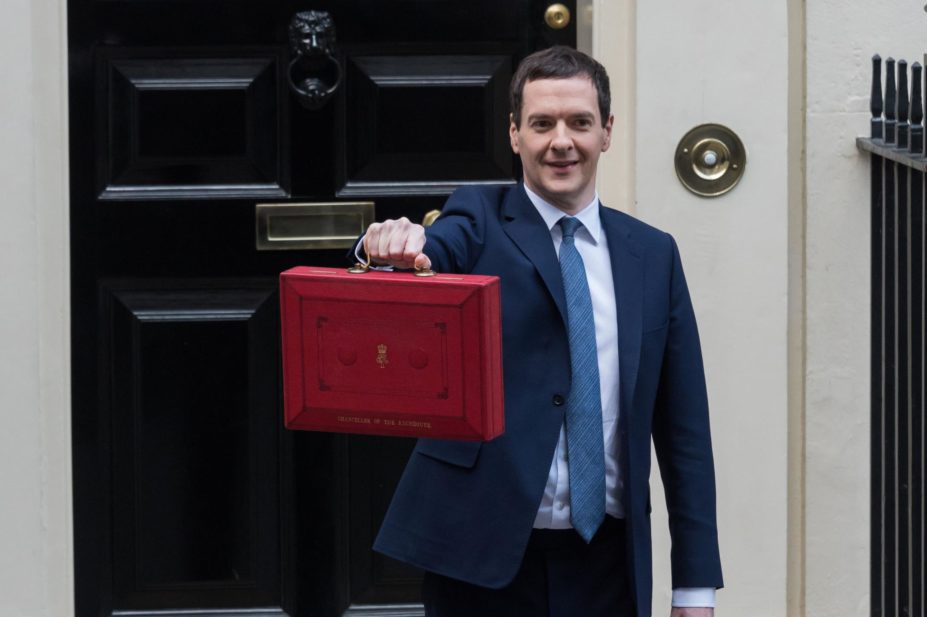
Nils Jorgensen / REX / Shutterstock
A levy on soft drinks companies marketing products with added sugar will be come into effect from April 2018, UK chancellor George Osborne announced in the budget on 16 March 2016.
The levy each company will have to pay will be determined by the volume of sugar-sweetened drinks they produce or import. There will be two rate bands: the lowest for products with sugar content above 5g of sugar per 100ml, and the highest for products with more than 8g per 100ml. They levy will not apply to pure fruit juices and milk-based drinks.
The move was unexpected, because the government has dithered on introducing a sugar tax, despite pressure from health organisations. Any announcement was expected to form part of the forthcoming childhood obesity strategy, which last month was delayed until summer 2016, because the government wants to focus its efforts on the forthcoming referendum on whether the UK should remain part of the EU.
Although the levy will apply to companies producing soft drinks, rather than to the products themselves, it is a tax in all but name, and Osborne acknowledged this in his announcement.
“Of course, some may choose to pass the price onto consumers and that will be their decision, and this would have an impact on consumption too,” he said in his budget speech. “We understand that tax affects behaviour. So let’s tax the things we want to reduce.”
The tax is expected to raise £520 million per year and in England will be directed to encouraging participation in sport in schools. It will be used to double the additional money given primary schools to spend on physical education and sports (the primary PE and sport premium) to £320 million a year, and to fund a quarter of secondary schools to provide longer school days so they can offer pupils a wider range of activities, including extra sport.
Harpal Kumar, chief executive of charity Cancer Research UK, says the announcement is “great news”.
“Making sugary drinks more expensive and less appealing to children is a vital step in reducing obesity levels in the UK,” he says.
Derek Bell, president of the Royal College of Physicians of Edinburgh, also agrees with the measure, but stresses it won’t help reduce the prevalence of obesity on its own. “[The sugar tax] must be looked at alongside a range of other preventative measures and educational tools to allow consumers to make healthier choices in the interests of their health,” he comments.
Ian Wright, director general of the Food and Drink Federation, said his members were disappointed by the announcement. “For nearly a year we have waited for an holistic strategy to tackle obesity. What we’ve got today instead is a piece of political theatre.”
He said the levy would result in less innovation and product reformulation, cost jobs, and have no impact on obesity.


